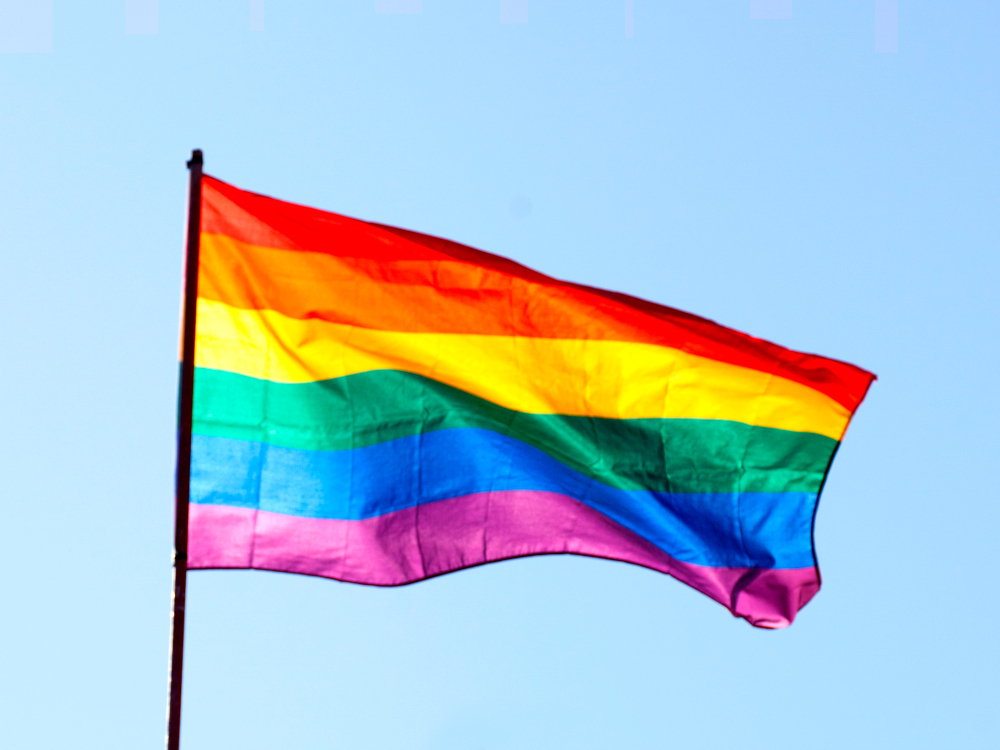This exchange on X sums up two views on the NSW (and other conversion laws) What does “breaking” the law mean is the issue in question. Chavura is correct. Sorry Anthony V-B, The Other Cheek is not trying to be dismissive or disrespectful, but the law is clear.
So, what does it take to break this law? We have two opinions expressed here because the law is complicated. The NSW, Victorian, Queensland and SA conversion practices laws all follow the same pattern: a civil disputes and remedies section and a criminal section. In brief, a conversion practice is something directed at an LGBTQIA person to change or suppress their sexual orientation or gender identity.
It has become almost a statement of the obvious to say the aim of the Act is not to put anyone in prison. There have been no prosecutions under the strictest and first of the Acts, the Victorian Change or Suppression (Conversion) Practices Prohibition Act 2021 in force since February 2022. And there are unlikely to be any, anytime soon for the others.
The Acts state upfront that their aim is to promote a point of view often expressed by politicians such as the NSW Premier, that LGBTQIA people are ‘not broken.’ The Acts define a series of activities that breach the new law and, in the first instance, are subject to a civil penalty imposed by the NSW Civil and Administrative Tribunal after investigation and conciliation by the Anti-discrimination Board.
If Venn-Brown had said “you have not committed an offence by praying,” he would be on strong ground. The Act defines one offence as “engage in conversion practices that cause mental or physical harm to an individual” in to clause 5 of the NSW Conversion Practices Ban Bill 2024. (A second offence is removing someone from NSW to carry out a conversion practice.) An offence under the act is something that is a criminal act, requiring a police response.
However, a civil complaints scheme sits beside the criminal penalties part of the act. Steven Chavura’s description of “praying with individuals to help them manage unwanted same-sex attraction” would be grounds for a complaint.
The act bans prayer with an individual if it is “part of a practice, treatment or sustained effort, directed to changing or suppressing an individual’s sexual orientation or gender identity.”
It is reasonable to assume Chavura’s description of “helping manage unwanted same sex attraction” fits within that definition.
If Chavura did not back down at a conciliation stage (unlikely), he would be liable to have the complaint referred to the NSW Civil and Administrative Tribunal and subject to a penalty, which might include a payment of $100,000 to an injured party. Orders of the tribunal are enforced through the court system.
So the coloquial expression of “breaking the law,” that is doing something illegal, does apply to what Stephen Chavura is openly saying he has done.
Correction: Spelling of Stephen

